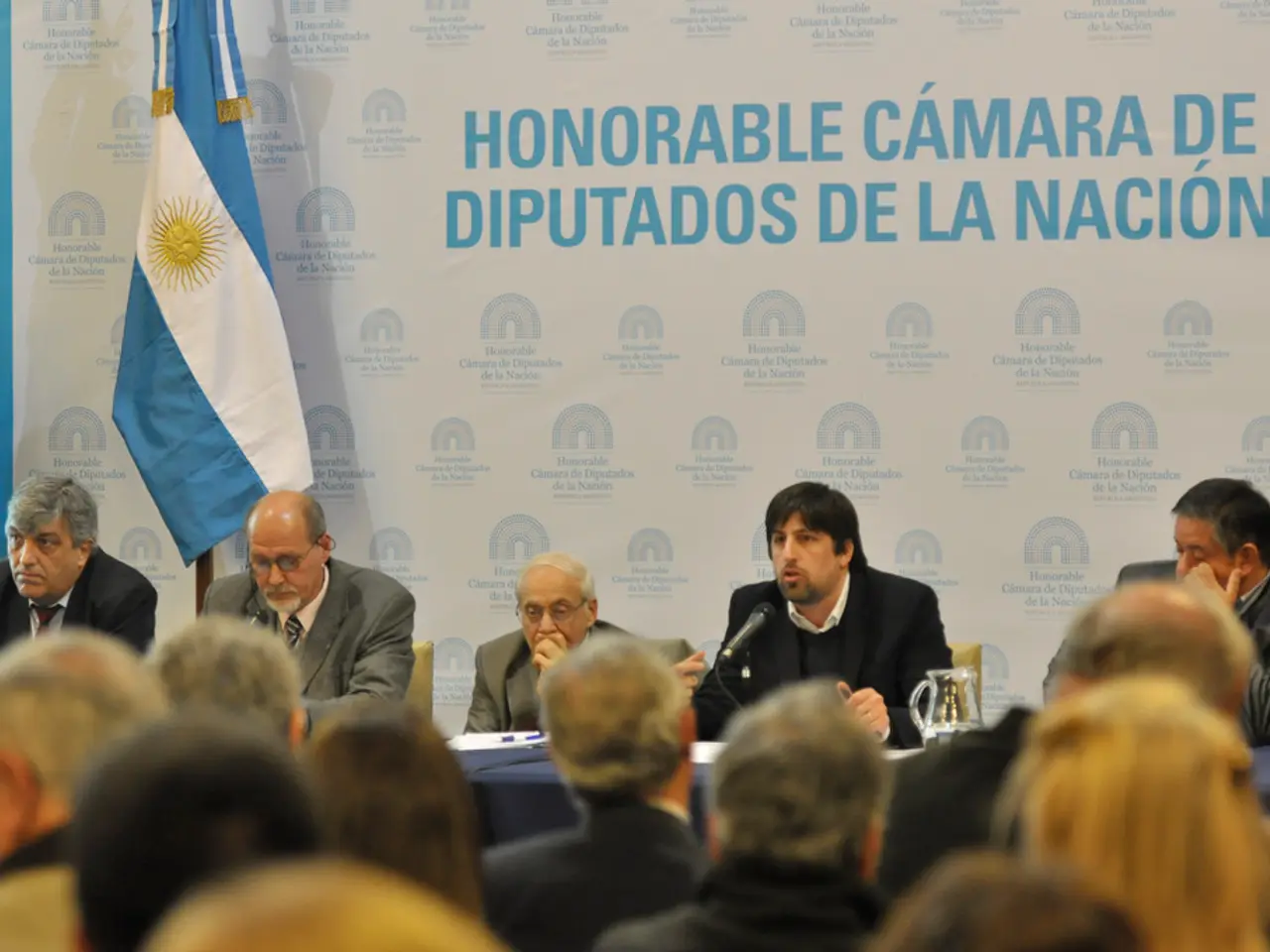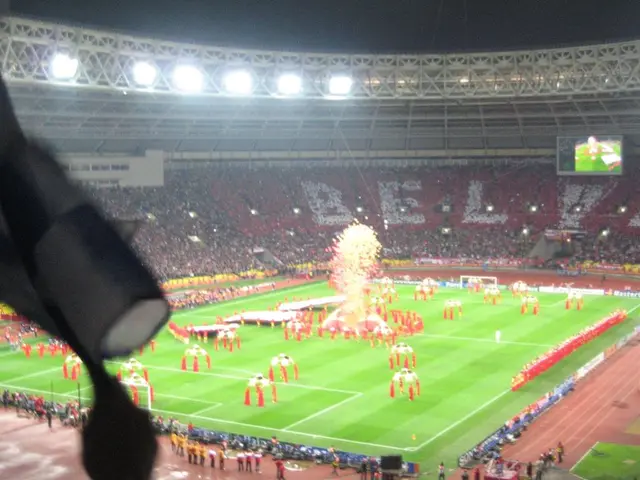Arbitration disagreements impacted by judicial openings: Justice Vijay Bishnoi during Delhi Arbitration Weekend
In a panel session during Delhi Arbitration Weekend 2025, titled A Second Bite at the Cherry?, esteemed judges, legal professionals, and barristers gathered to discuss the draft bill proposing an appellate arbitral tribunal in India. The session, hosted by Sim and San and Fountain Court Chambers, was chaired by Supreme Court Justice Vijay Bishnoi and featured Justice Rekha Palli, Barrister Charles Béar KC, Senior Advocate Gaurav Pachnanda, and Partner Sidhant Goel.
Justice Rekha Palli, in her remarks, viewed the proposal for an appellate arbitral tribunal as a 'very positive step'. She emphasized the need for strong filters and respected adjudicators in the proposed appellate arbitral tribunal. Justice Palli suggested that institutional arbitration rules should be strictly implemented, and the 'interest of justice' should be invoked only in very radical cases, particularly jurisdictional issues.
Justice Bishnoi, in his address, highlighted the impact of judicial vacancies and heavy caseloads on arbitration-related disputes. He mentioned the Supreme Court's evolving jurisprudence on arbitral finality, stating that interference should be minimal and only in cases of clear failure of justice.
Gaurav Pachnanda, in support of the proposal, cited disparities in case clearance across India and suggested that institutions designating appellate tribunals could be a great innovation. He expressed concerns about arbitration challenges often getting stuck in clogged systems outside big cities.
Barrister Charles Béar KC explained that English courts adopt a far more restrained approach to complaints about procedure. He noted that it would require something very extreme to show substantial injustice for judges to intervene in English courts. He added that judges are singularly uninterested in complaints about procedure in English courts.
The chairman of the proposed appellate court, as per the draft law, is the President of the Federal Court of Justice. In Rajasthan, where the pendency of cases remains around 6 lakh, judges deal with approximately 200 cases daily, with only 3-4 being commercial litigation. The sanctioned strength of judges in Rajasthan has been 50, but it has never exceeded 34 or 35 during Justice Bishnoi's tenure. In contrast, the Delhi High Court, despite its commercial caseload, boasts a clearance rate of 74.62%.
The panelists weigh in on the draft bill's proposal to allow partial setting aside of arbitral awards, concluding that India's judicial realities necessitate a calibrated supervisory role. The discussion served as a valuable platform for exploring the tension between party autonomy and judicial oversight in arbitration proceedings.
Read also:
- United States tariffs pose a threat to India, necessitating the recruitment of adept negotiators or strategists, similar to those who had influenced Trump's decisions.
- Weekly happenings in the German Federal Parliament (Bundestag)
- Southwest region's most popular posts, accompanied by an inquiry:
- Discussion between Putin and Trump in Alaska could potentially overshadow Ukraine's concerns








